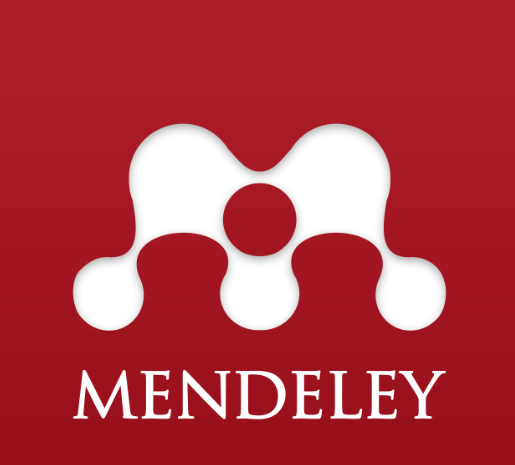IMPLIKASIHUMAN RESOURCE INFORMATION SYSTEM PADA PT. TELEKOMUNIKASI INDONESIA, TBK
DOI:
https://doi.org/10.22219/jmb.v1i2.1335Abstract
Fakultas Ekonomi Universitas Muhammadiyah Malang
E-mail: dewayani62@yahoo.co.id
ABSTRACT
Human Resource Information System has been giving a lot of advantages for employees and company. PT.
Telekomunikasi Indonesia applies HRIS as a mean to conduct efficiency and to communication improvement
among its employee, so that HRD staff can be more focus at more strategic HRD activity. This
research uses holistic single case study to answer four research questions. First question is about HRIS
usage in company. The implications of applying HRIS for HRM practice, the implication for employee
empowerment, the implication for knowledge sharing. Data collection is conducted over various data
sources such as observation, interview, documentation, archival record, triangulation, and evaluation.
The result of this research has indicated that HRIS application has supported company’s goal. Though it
was not represented yet the ideal applications and still in improvement process, but the existent is support
employee’s work. The HRIS can be classified as integrated, interactive, context-sensitive self-direct by
web access types. Applying HRIS gives a positive influence on employee empowerment in the company.
Some methods and processes in HRM practice are online. Applying give the easiness to do the knowledge
sharing so that all employees are able to access all knowledge they required any time.
Keywords: Human Resource Information System, Human Resource Management practice, employee
empowerment, knowledge sharing.
Downloads
Downloads
Published
Issue
Section
License
Authors who publish with this journal agree to the following terms:
- Authors retain copyright and grant the journal right of first publication with the work simultaneously licensed under a Creative Commons Attribution-ShareAlike 4.0 International License that allows others to share the work with an acknowledgment of the work's authorship and initial publication in this journal.
- Authors are able to enter into separate, additional contractual arrangements for the non-exclusive distribution of the journal's published version of the work (e.g., post it to an institutional repository or publish it in a book), with an acknowledgment of its initial publication in this journal.
- Authors are permitted and encouraged to post their work online (e.g., in institutional repositories or on their website) prior to and during the submission process, as it can lead to productive exchanges, as well as earlier and greater citation of published work (See The Effect of Open Access).

This work is licensed under a Creative Commons Attribution-ShareAlike 4.0 International License.





71.png)





